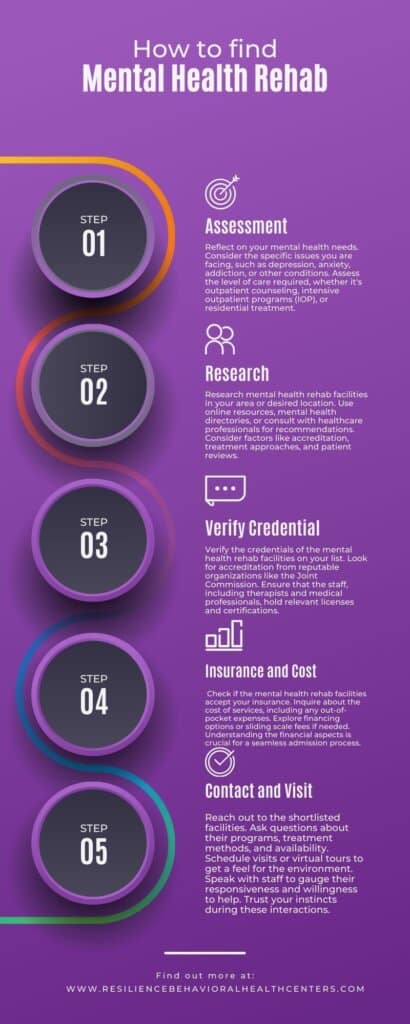The Importance of Evidence-Based Approaches in Mental Health Recovery
Evidence-Based Approaches (EBA), as the name suggests, have backing evidence to support their success rates. For instance, a study of 100 individuals with schizophrenia found that psychoeducation was associated with a 20% increase in treatment adherence. However, despite their effectiveness, 30-40% of patients do not receive evidence-based treatments. Ahead, we will discuss the importance of these approaches in aiding with mental health rehab, in Massachusetts.
Key Advantages Of Evidence-Based Approaches In Mental Health Recovery
EBAs Have Stood The Test Of Time
Evidence-based approaches have the backing of years of cumulative research. They are based on case studies, randomized and controlled trials, and they are mostly peer-reviewed. Furthermore, there’s plenty of research with both qualitative and quantitative types of results.
They Are Systematic Yet Flexible
EBA offers scientifically proven therapies adjusted according to the individual’s needs. So, you’re getting the best of both worlds – methods with proven results personalized for the client.
They Produce Enhanced Treatment Outcomes
Demonstrations have shown that EBA improves treatment outcomes, reducing symptoms, increasing functioning, and enhancing the quality of life for individuals with mental health disorders.
Informed Decision Making Becomes Easy
The good thing about EBA is that there’s plenty of evidence available for clinicians and doctors to make informed decisions about treatment plans and interventions. With such a quantity of evidence, clear and concise guidelines are available for medical professionals to follow in order to produce the best possible outcomes.
EBAs Standardize Treatment Delivery
EBA ensures standardizing and maintaining consistency in treatment across various settings and for the practitioners. Furthermore, clinicians who provide EBA receive specialized training and supervision to ensure that they are competent in delivering these interventions. These help to maintain the quality and consistency of EBA treatment.
They Enable Measurable Progress Recording
EBA utilizes standardized assessment tools along with regular monitoring of the treatment progress. Now, this enables recording enough data, so decisions are made in a data-driven approach.

Wrapping It Up
Evidence-based approaches provide two powerhouse benefits, which mental health rehab programs in Massachusetts have been utilizing. These include systemic treatment methods – with science to back them up – that are modified for the unique needs of the individual.
Some of the common evidence-based treatment therapies include CBT, DBT, EMDR, medication-assisted treatment (MAT), and more. Click here to learn more about EBAs for mental health rehab in Massachusetts.

